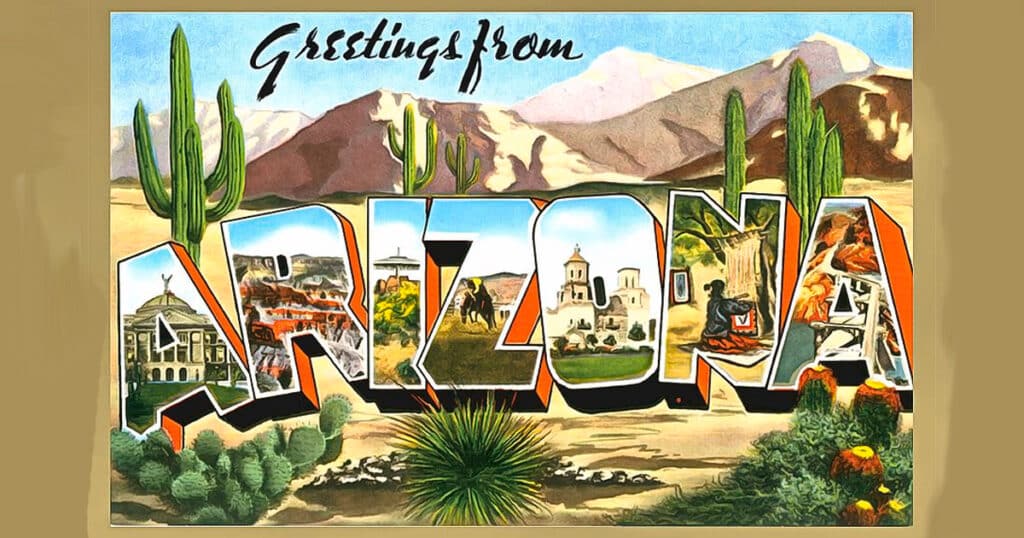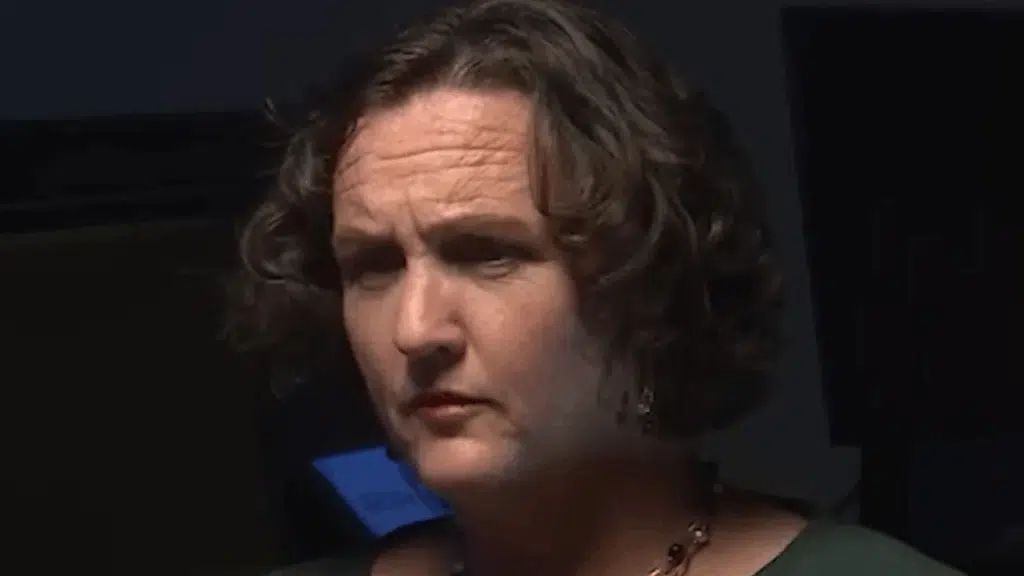
Arizona migrant busing continues as feds send nearly $50 million more in aid
Over $47 million in federal taxpayer dollars is going toward service programs in Arizona as the state continues to facilitate migrant requests for transportation to other parts of the country, albeit fewer than before.
The funds are part of $380 million in supplemental funds for the Federal Emergency Management Agency and United States Customs and Border Protection for the Shelter and Services program, which a news release states is used for “food, shelter, clothing, acute medical care, and transportation to noncitizens” that are waiting for their immigration court date in the U.S.
Gov. Katie Hobbs told The Center Square at a media availability on Thursday that migrant busing to one’s desired location continues to play a critical role in managing the crisis.
“When it comes to community safety… avoiding unsheltered street releases of migrants is a critical, critical piece of that,” Hobbs said, adding that the state has done a successful job of not doing street releases so far.
“We’re going to continue deploying those funds to ensure that folks get processed, they get to their destination, which usually is not in Arizona,” she continued, adding that a “complete shutdown” of services in Pima County was possible without the new round of funding.
On Wednesday, the Democrat faced criticism on X, formerly known as Twitter, for referring to the funding as “border security,” as the administration argues that preventing street releases is a critical facet of managing the border.
“Immigrant housing does NOT equal border security,” Rep. Theresa Martinez, R-Casa Grande, tweeted.
According to a news release from Congressman Ruben Gallego’s office, $19.2 million is being allocated toward the state government, $18.7 million is going toward Pima County, $7.5 million for the Regional Center for Border Health in Yuma County and $1.8 million for the Borderlands Resource Initiative.
Texas stopped busing migrants roughly two months ago as the state continues to make their own border security reforms due to fewer numbers of them crossing into the United States, NBC News reported.
Although officials say arrests have gone down in the Tucson Sector since a Biden administration executive order, according to KJZZ, which critics say came far too late, it has the highest number of encounters across all sectors in fiscal year 2024 so far.


